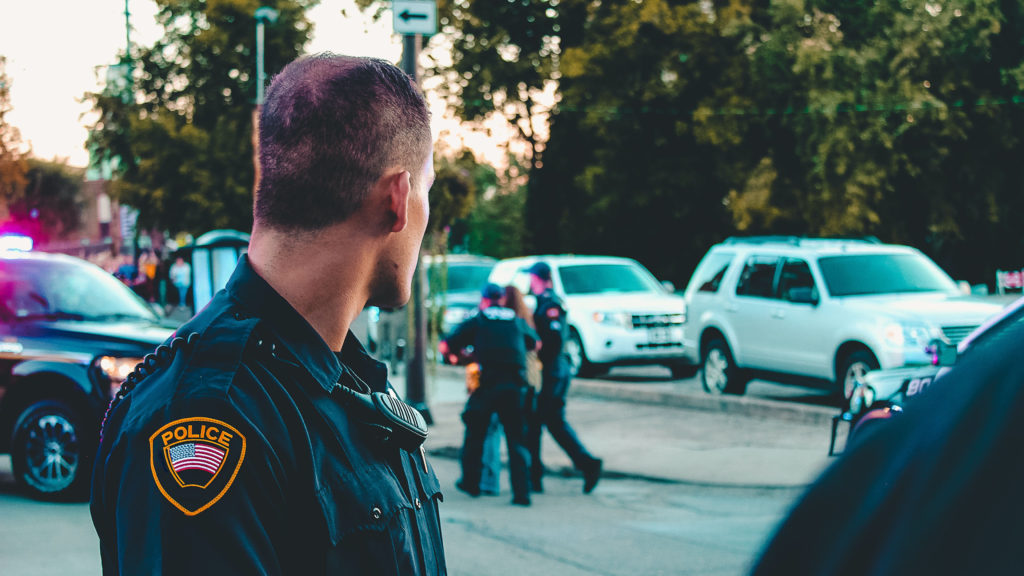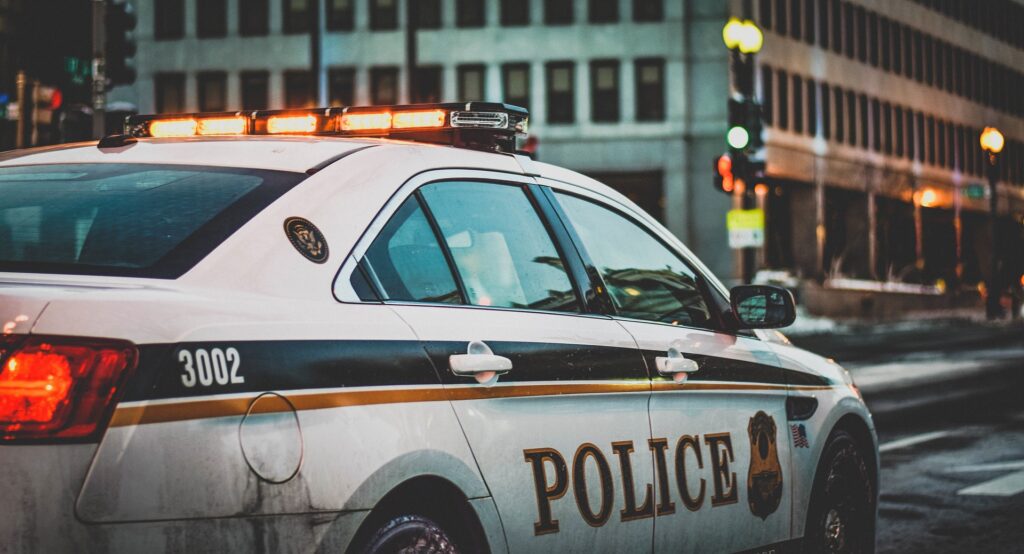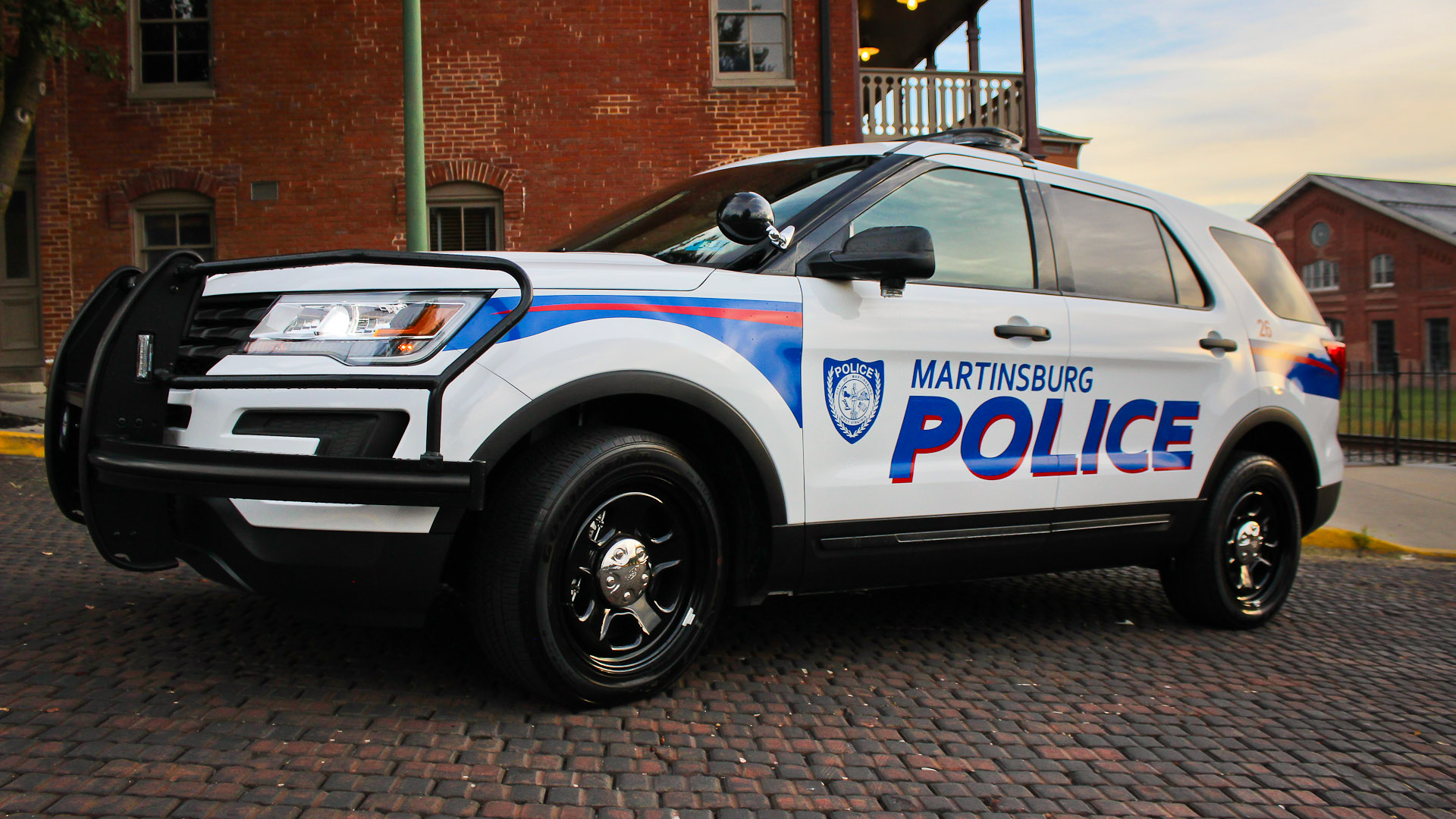Can the Police Search My Car Without a Warrant?

While the Fourth Amendment protects individuals from unreasonable searches by the government, police have historically been allowed fairly extensive search justification in vehicles.[1] Several exceptions have been established by the Supreme Court, creating a body of law specific to searching vehicles. These warrantless search exceptions fall into categories that include probable cause, consent, officer safety, and inventory searches.
Significantly, police can search a car they have stopped without a warrant if they have probable cause to believe they will locate evidence of a crime within the vehicle.[2] This has come to be referred to commonly as “the vehicle exception.” In Carrol v. United States, where the Court first acknowledged this vehicle exception, police were allowed to cut open the seats of a vehicle based on probable cause that there would be moonshine hidden within them.[3]
Perhaps the simplest justification for police to search a vehicle without a warrant is consent from the controlling party. A driver can consent to a search at any point during the stop or after it has concluded.[4] Consent from a controlling party can also be revoked at any time.[5] In Florida v. Jimeno, a defendant who had consented to a search of his vehicle argued that he had not consented to the officer looking in a bag that was within the car.[6] In considering the scope of consent, the Supreme Court held that “[t]he standard for measuring the scope of a suspect’s consent under the Fourth Amendment is that of ‘objective’ reasonableness—what would the typical reasonable person have understood by the exchange between the officer and the suspect?”[7] The Court also noted that a consenting party may tailor their consent as they please before and during a search.[8]
Refusal of consent to search a vehicle cannot be used to establish probable cause under the vehicle exception.[9]However, police do not have a duty to advise a driver of Fourth Amendment right to refuse a search.[10] Similarly, police who boarded a public bus did not have a duty to advise passengers of a right to refuse when they asked the passengers for consent to search their bags.[11]
The Supreme Court has recognized the need for police officers to be safe during traffic stops and to prevent the destruction of evidence. One example of this recognition is the extension of the search incident to arrest doctrine to vehicles, even after the driver has exited the vehicle.[12] Vehicles can be searched incident to the arrest of a recent occupant when police have reasonable suspicion that evidence of the crime of arrest will be found and could otherwise be destroyed or that the recent occupant could gain access to a weapon.[13] However, a traffic ticket cannot be considered an “arrest” for the purpose of justifying such a search.[14] The exception is justified by the need to preserve evidence and ensure officer safety.[15] As these justifications are immediate in nature, the Court has held that “‘once an accused is under arrest and in custody, then a search [of his car] made at another place, without a warrant, is simply not incident to the arrest.’”[16]
Terry searches (or cursory “pats” to check for weapons) have also been extended to vehicles under certain circumstances.[17] Michigan v. Long first extended Terry to vehicles.[18] If police reasonably suspect that someone who has been stopped may be armed, they can conduct a “pat” or protective search limited to weapons.[19]
Several cases have also carved out an inventory search exception for vehicles. Evidence can be admissible when located during a search pursuant to department policy for impounding and inventorying vehicles for safe keeping.[20] The government cannot exceed the limits of the policies by opening closed containers beyond what is reasonable and permitted by the policy.[21] But if a closed container is opened in good faith, pursuant to policy, and not for the sole purpose of investigation, it can be permissible.[22] This was the case in Colorado v. Bertine, where a police inventory search revealed drugs that had been stored in a backpack that was left in the vehicle.[23]
A certain degree of flexibility is afforded to police in the timing of vehicle searches, provided that they still have probable cause to justify the search. Police have been allowed by the Court to seize a vehicle and then search it a day later.[24] Police have also been allowed to invoke vehicle-related search exceptions when their suspicion arose prior to observing the vehicle in movement.[25] In California v. Acevedo, police were observing a known drug house when they saw Acevedo leave with a suspicions bag.[26] “[Acevedo] placed the bag in his car’s trunk, and, as he drove away, [police] stopped the car, opened the trunk and the bag, and found marijuana.”[27] The Supreme Court found that the actions of the officers were constitutional.[28]
The timing of events related to vehicle searches have also played a key role in Supreme Court jurisprudence as it applies to the scope of vehicle searches. Police cannot needlessly extend a traffic stop, but a driver can consent to a search at any point during the stop or after it has concluded.[29] A search that is consented to can extend to containers within the vehicle, but consent can be withdrawn at any time.[30] On the other hand, justification for a warrantless search can be terminated as soon a police should reasonably know that they will not find the object of their search unless justified by consent.[31] United States v. Di Re is a 1948 case in which police used a confidential informant to investigate the sale of counterfeit gasoline ration coupons.[32] The informant told the investigators that he had purchased the coupons from the driver, but police then subsequently searched Di Re, a passenger, as well.[33] The additional search revealed incriminating evidence on Di Re’s person.[34] The Supreme Court held that the search of Di Re, after the informant implicated the driver, was unconstitutional.[35]
Vehicle searches certainly have their limits. For example, when police trespassed onto the curtilage of a private residence and searched a vehicle, it was ruled unconstitutional.[36] The Supreme Court has also held that the opening of closed, opaque containers found within a luggage compartment of a vehicle without articulable probable cause that evidence will be found in those containers, is unconstitutional.[37] Investigative manipulation by police of luggage belonging to passengers on a bus has been deemed a search.[38] In contrast, police shining a flashlight into a vehicle that has been stopped at a checkpoint is not a search.[39] Nor is the warrantless use of a dog that is trained to detect the odor of drugs within the vehicle.[40] The Court treats this police tactic “as ‘sui generis’ because it ‘discloses only the presence or absence of narcotics, a contraband item.’”[41]
As with seizures of vehicles and passengers, a notable facet of vehicle searches is the impact searches can have on multiple parties within a vehicle. The Court has held that police can arrest all occupants of a vehicle for contraband found in the vehicle absent specific information indicating ownership by a particular party.[42] In Wyoming v. Houghton, the court held that “a car passenger . . . will often be engaged in a common enterprise with the driver . . . .”[43] Based on this opinion, the court held that police who were justified in searching a vehicle were also justified in searching a purse that had been left in the back seat by a passenger.[44]
More recently, the increased pervasiveness of technology has coincided with the Supreme Court defining limitations on the scope of vehicle searches. In 2014, the Court decided Riley v. California, in which police were deemed to have impermissibly searched a driver’s cell phone incident to arrest.[45] An officer observed Riley driving with expired license plates and pulled him over.[46] After he was arrested for driving with a suspended license, an inventory search of the vehicle also revealed illegal weapons in the car.[47] Police searched Riley’s smartphone subsequent to his arrest.[48]The Supreme Court held that “a warrant is generally required before such a search, even when a cell phone is seized incident to arrest.”[49]
NOTE: This website is where I share general thoughts about life and the law for educational and entertainment purposes only. No content on this site is posted with a particular reader’s unique circumstances in mind. If anything you read on this website seems relevant to your life circumstances, you should contact a lawyer before acting on the information posted herein.
[1] Fourth Amendment.
[2] Pennsylvania v. Labron, 518 U.S. 938 (1996).
[3] Carroll v. United States, 267 U.S. 132 (1925).
[4] Ohio v. Robinette, 519 U.S. 33 (1996).
[5] Florida v. Jimeno, 500 U.S. 248 (1991).
[6] Florida v. Jimeno, 500 U.S. 248, 250 (1991).
[7] Florida v. Jimeno, 500 U.S. 248, 251 (1991).
[8] Florida v. Jimeno, 500 U.S. 248, 252 (1991).
[9] Schneckloth v. Bustamonte, 412 U.S. 218 (1973).
[10] Schneckloth v. Bustamonte, 412 U.S. 218 (1973).
[11] United States v. Drayton, 536 U.S. 194 (2002).
[12] Thornton v. United States, 541 U.S. 615 (2004).
[13] Arizona v. Gant, 556 U.S. 332 (2009).
[14] Knowles v. Iowa, 525 U.S. 113 (1998).
[15] Arizona v. Gant, 556 U.S. 339 (2009).
[16] Coolidge v. New Hampshire, 403 U.S. 443, 457 (1971) (quoting Preston v. United States, 376 U.S. 364, 367 (1964).
[17] Terry v. Ohio, 392 U.S. 1 (1968).
[18] Michigan v. Long, 463 U.S. 1032 (1983).
[19] Adams v. Williams, 407 U.S. 143 (1972).
[20] South Dakota v. Opperman, 428 U.S. 364 (1976).
[21] Florida v. Wells, 495 U.S. 1 (1990).
[22] Colorado v. Bertine, 479 U.S. 367 (1987).
[23] Colorado v. Bertine, 479 U.S. 369 (1987).
[24] Chambers v. Maroney, 399 U.S. 42 (1970).
[25] California v. Acevedo, 500 U.S. 565 (1991).
[26] California v. Acevedo, 500 U.S. 565 (1991).
[27] California v. Acevedo, 500 U.S. 565 (1991).
[28] California v. Acevedo, 500 U.S. 565 (1991).
[29] Ohio v. Robinette, 519 U.S. 33 (1996).
[30] Florida v. Jimeno, 500 U.S. 248 (1991).
[31] United States v. Di Re, 332 U.S. 581 (1948).
[32] United States v. Di Re, 332 U.S. 581, 583 (1948).
[33] United States v. Di Re, 332 U.S. 581, 583 (1948).
[34] United States v. Di Re, 332 U.S. 581, 583 (1948).
[35] United States v. Di Re, 332 U.S. 581, 595 (1948).
[36] Collins v. Virginia, 138 S. Ct. 1663 (2018).
[37] Robbins v. California, 453 U.S. 420 (1981).
[38] Bond v. United States, 564 U.S. 211 (2011).
[39] Texas v. Brown, 460 U.S. 730 (1983).
[40] Illinois v. Caballes, 543 U.S. 405 (2005).
[41] Id at 409 (quoting United States v. Place, 462 U.S. 696, 707 (1983)).
[42] Maryland v. Pringle, 540 U.S. 366 (2003).
[43] Wyoming v. Houghton, 526 U.S. 295, 304 (1999).
[44] Wyoming v. Houghton, 526 U.S. 295 (1999).
[45] Riley v. California, 573 U.S. 373 (2014).
[46] Riley v. California, 573 U.S. 373, 378 (2014).
[47] Riley v. California, 573 U.S. 373, 378 (2014).
[48] Riley v. California, 573 U.S. 373, 379 (2014).
[49] Riley v. California, 573 U.S. 373, 401 (2014).



